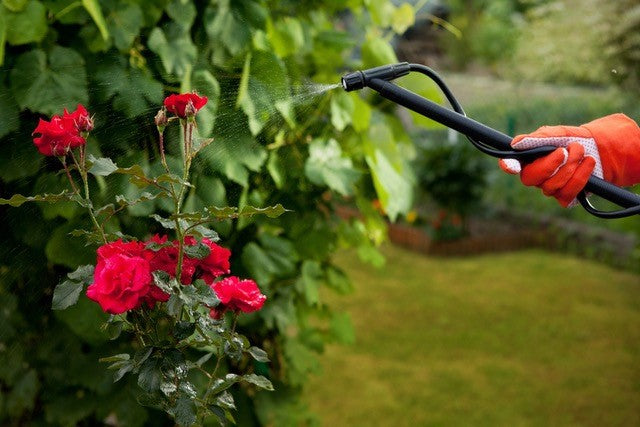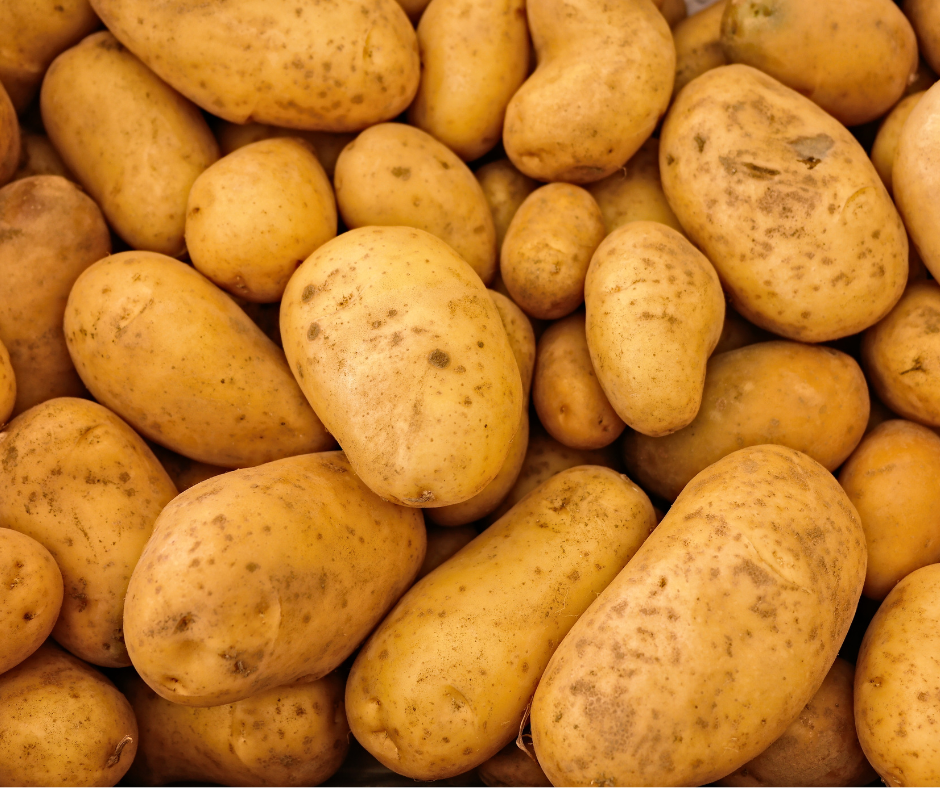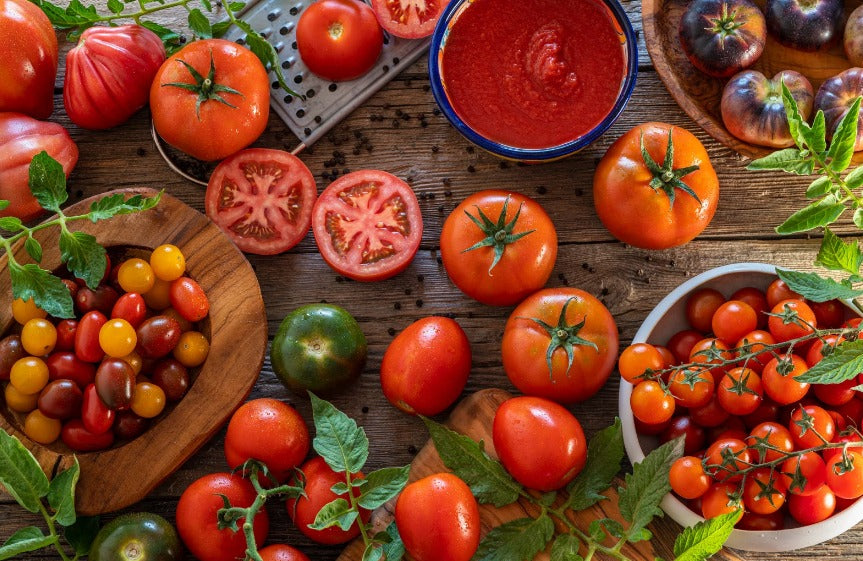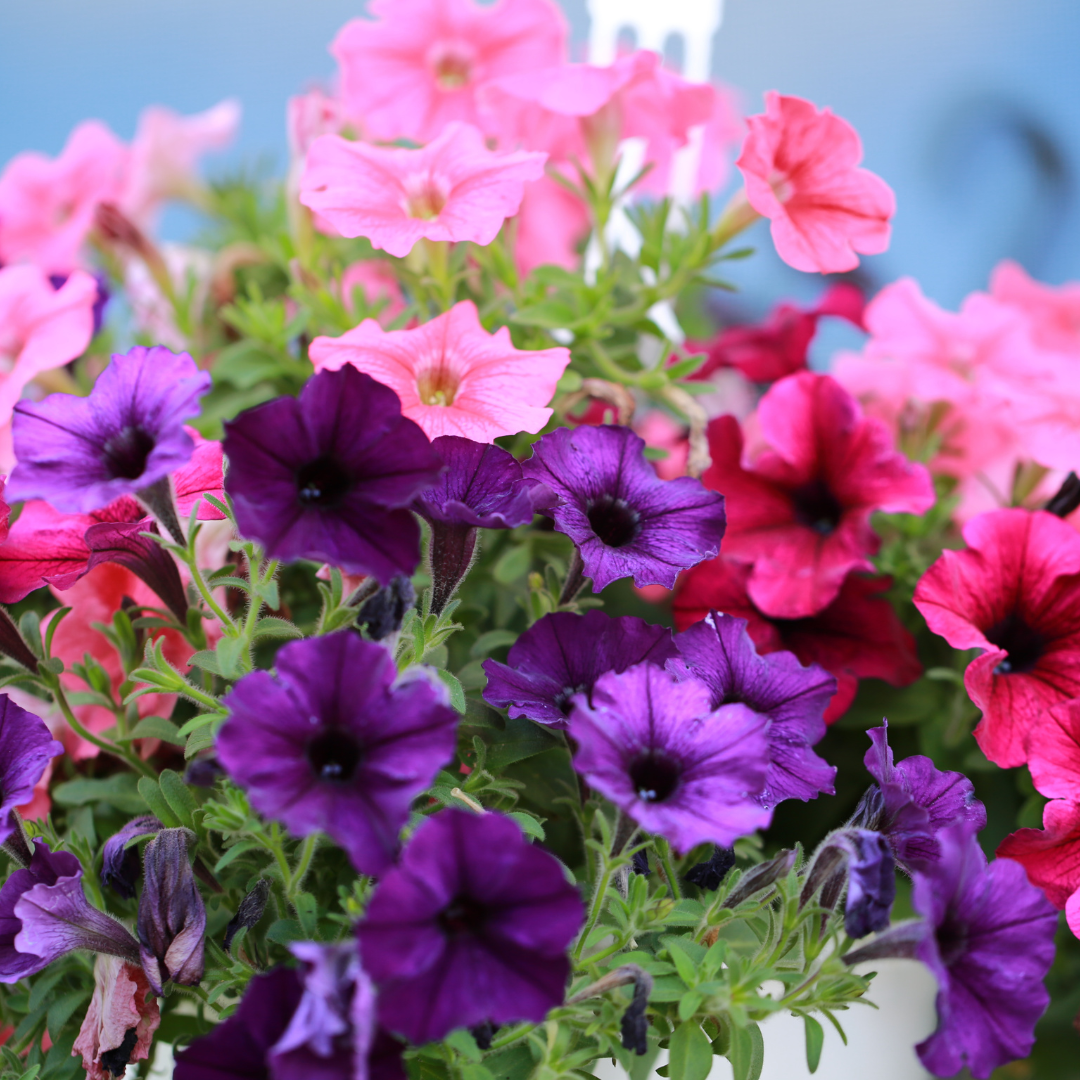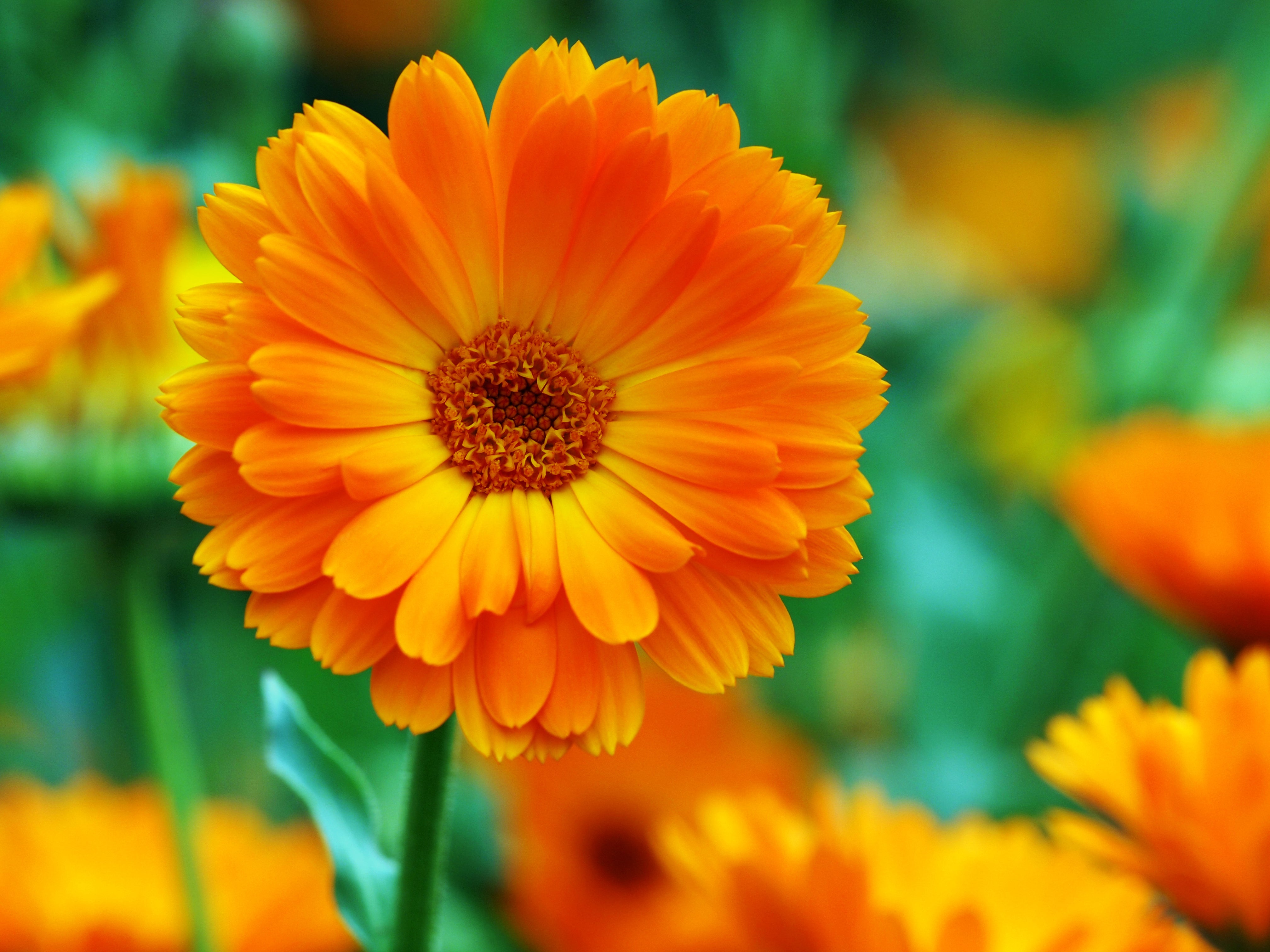To assist you in obtaining bigger and better crops from healthier trees we have prepared a spraying guide below.
1. Keep garden chemicals and spray equipment in a locked cabinet, or on a high shelf out of the reach of children. Always store sprays in their original labelled containers. If the label comes loose, keep it in place with a rubber band. Throw unlabelled chemicals away.
2. Set aside a shelf or garden bench preferably outside to mix garden chemicals. A level uncluttered surface helps avoid spills. If the chemicals do spill, wash hands at once with soap and water then hose down the mixing area.
3. Keep a set of mixing tools measuring spoons and a graduated measuring cup. Use them for measuring sprays and dusts only. Keep them with your garden chemicals away from children and out of the kitchen.
4. Read the label carefully. Follow the directions and precautions to the letter. Some chemicals just won’t mix so don’t try to out-guess the experts. The label is the best way.
5. Food crops need different sprays compared to ornamentals. Sprays and dusts for edible crops are prepared to dissipate quickly. Nevertheless, follow label instructions and time your last spray before harvest carefully. Wash fruit and vegetables before eating.
6. Do not spray on a windy day. Coverage will be spotty and spray drift can be dangerous. Spray in the early morning or late afternoon when winds have dropped. A dry plant can be burned when there is insufficient moisture in the tissues. Midday spraying can result in serious burning of plant tissue by the sun. Never eat or smoke while spraying or dusting.
7. Wear a spraying mask. For a little investment you can purchase a simple but effective mask that covers your nose and mouth. A WORTHWHILE INVESTMENT!
8. Throw away empty chemical containers and clean up after spraying. Wash empty spray containers inside and out and put in a closed rubbish bin. Don’t throw empty aerosol containers into an open fire or an explosion may result causing metal flying fragments. Wash out sprayer bottle, clean spray gun by back flushing as directed. Wash your hands and face with warm water and soap after spraying and before eating or smoking.
9. Use a separate sprayer for fertilisers and weed killers. Even sprayers cleaned out thoroughly can retain some potency, therefore it is best to avoid using a sprayer that has contained weed killer as a fertiliser sprayer on your trees and shrubs, as some damage may still be caused.
10. Don’t spray while pregnant though it is unlikely you will suffer any repercussions if you follow the guidelines shown above it is still advisable not to spray whilst pregnant.
SPRAYING GUIDE
For your assistance in obtaining bigger and better crops from healthier trees we have prepared a spraying guide shown below. Remember spraying as a preventative is always better than spraying once you have the problem.
| Spraying Time | Material | Pest/Disease |
| Pip Fruits | ||
| Dormant | Copper Oxychloride and Protector Oil | Insects, Pests and Fungus diseases |
| Pink Stage (just prior to flowering and full bloom) | GroSafe Fungus Fighter | Black Spot |
| After Petal Fall | GroSafe Fungus Fighter or Mavrik | Black spot, powdery mildew, codling moth, leaf curling midge |
| 3 Weeks Interval to Harvest | GroSafe Fungus Fighter or Mavrik | Black spot, powdery mildew, codling moth, leaf curling midge |
| Stone Fruits | ||
| Dormant and bud swelling | Super Copper or Copper Oxychloride and Protector Oil | All insects pests and fungus diseases |
| Bud burst | Copper Oxychloride | Leaf curl and bladder plum |
| Full bloom and petal fall | GroSafe Fungus Fighter | Brown rot |
| 3 week interval to fall | GroSafe Fungus Fighter or Mavrik | Brown rot, cherry pear slug, oriental fruit moth |
| Spraying Time | Material | Pest/Disease |
| Citrus Trees | ||
| Summer | Super Copper or Copper Oxychloride and Protector Oil | Verrucosis, aphids, scale, red mite, mealy bug |
| Autumn, Winter, Spring | Copper Oxychloride and Protector Oil | Verrucosis, aphids, red mite, mealy bug |
| Roses | ||
| Winter | Super Copper or Copper Oxychloride and Protector Oil | Scale, mites, aphids and all fungus diseases. |
| Leaf bud movement to dormancy (at 2-3 week intervals) | Alternate Gild with Super Shield | Black spot, powdery mildew, rust and all insects |
| Ornamental Trees & shrubs | ||
| Spring, Summer, Autumn | Alternate Gild with Super Shield | All fungus diseases, and insect pests |

